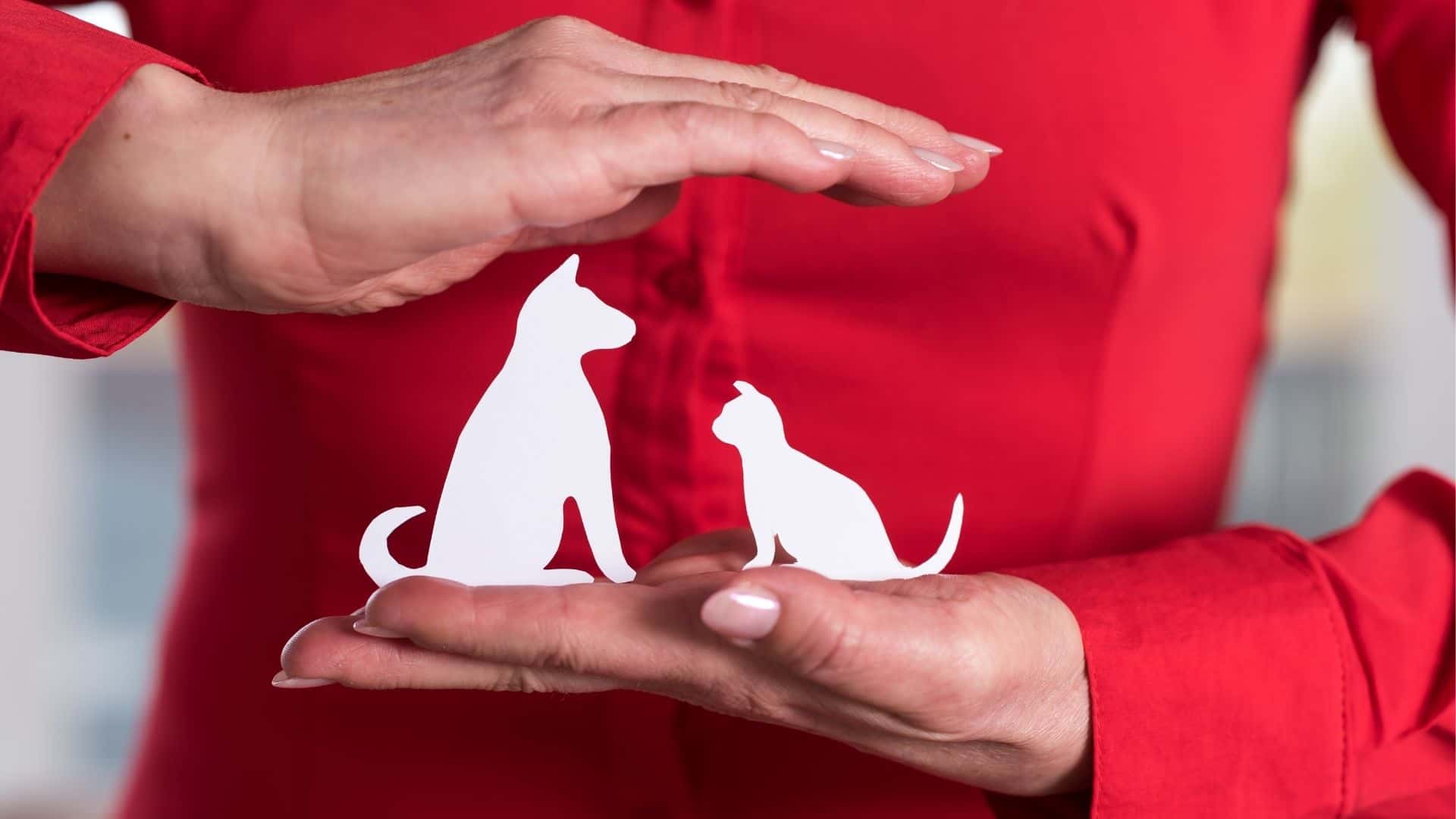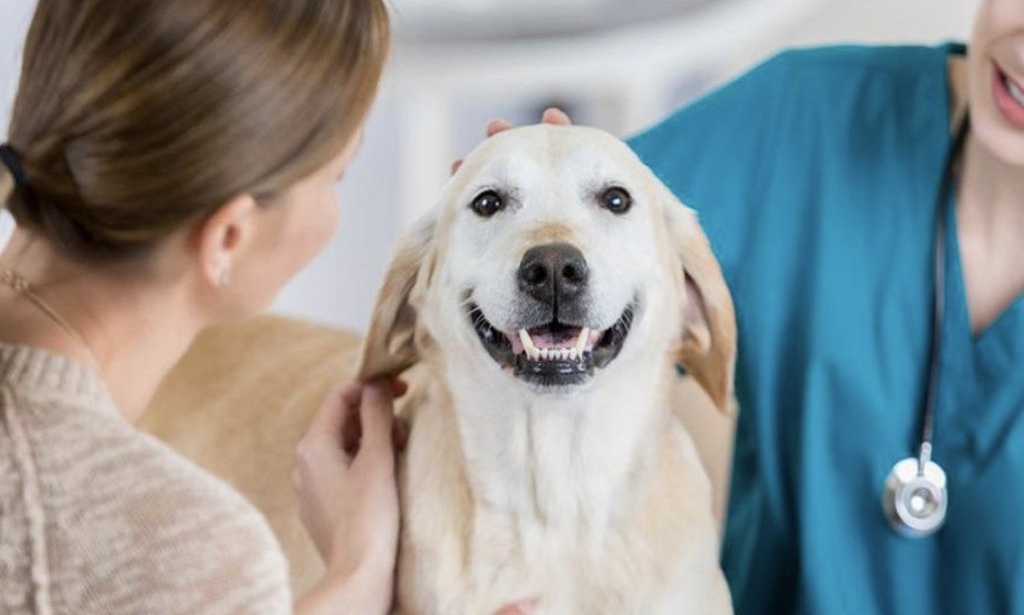Factors That Affect the Cost of Pet Insurance
Animal insurance premiums are the focus of many animal owners when examining whether to purchase pet insurance. The cost of pet health insurance is affected by various factors.

1. The Breed of Your Pet:
Some cats or dogs are known to have more health problems than other breeds, thus the pet insurance business calculates this as the premium to insure your animal.
2. The Age of Your Pet:
The older your pet is, the greater the premium, because older animals have more problems with health than younger dogs. Older animals tend to develop chronic ailments that require continuous treatment.
3. Where You Live Now:
For example, in California pet insurance rates are often more than in Tennessee, while veterinary charges in California are greater than in Tennessee.
4. Possible Discounts:
Most pet insurance firms offer numerous pet insurance savings, dog service, microchip pet insurance, plans that are purchased from your contractor and sometimes for spayed or neutered pets.
5. History of the Previous Claim:
If you have already claimed an animal insurance policy for your pet, the cost of your pet insurance premium will probably be affected because insurers expect you to make another claim to it. This is particularly clear when you renew your premium with the same insurance company, and in this scenario the cost of alternative policies can be compared before auto-renewal. However, if you’ve previously claimed a condition for your pet insurance coverage and opted to change providers, the condition is unlikely to be covered by a new policy.
6. The Pre-Existing Conditions:
If your pet has pre-existing conditions, it will affect the cost of your pet insurance premium and your pet has already been treated for any conditions. This is because if you claim, your insurer will probably contact the veterinarian for a full medical history, and any previously reported condition may damage your claim.

Nancy, our tech-savvy pet parent, explores the latest in pet tech, from smart toys to interactive feeders.



